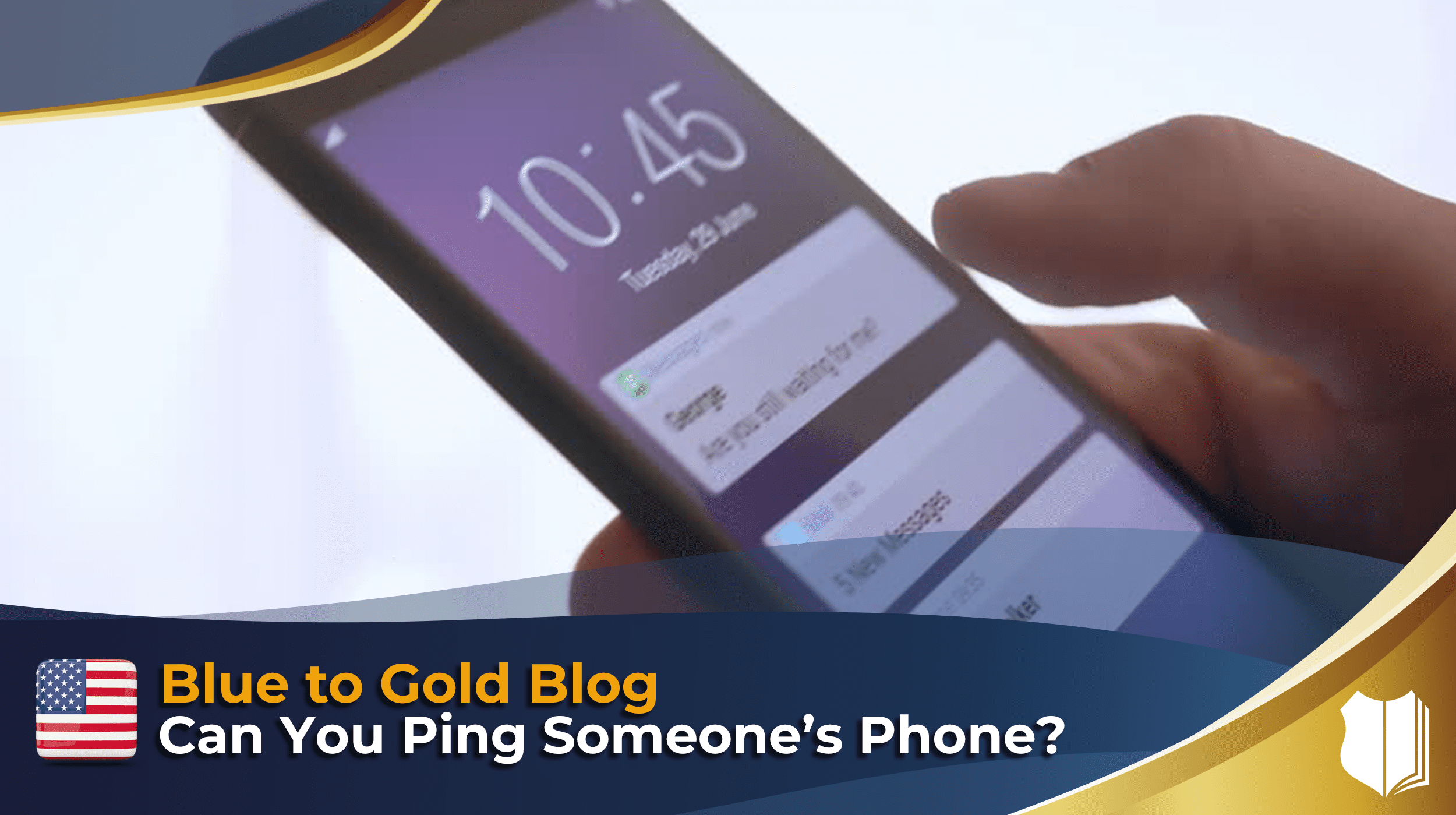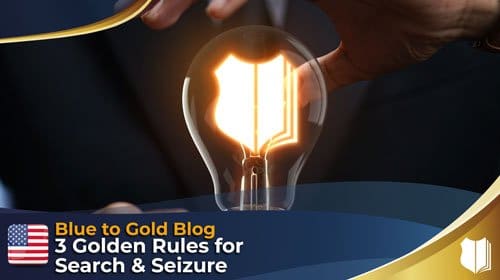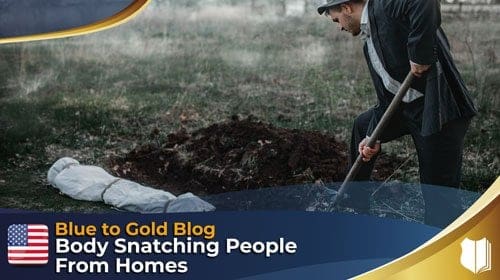

What is the Motor Vehicle Exception?
The automobile, or motor vehicle exception allows officers to search cars for evidence, contraband, and fruits or instrumentalities of crimes without a search warrant. When
or use our live chat
Customer Service


This question comes from an officer in Utah. The officer is basically saying,
Here is some context. Can officers request a cell phone ping based off of a third party’s suicidal report? Sometimes these reports are hours, if not days old. Is there a reasonable time frame to get the ping? Does the urgency fade as time passes? Basically, are law enforcement officers overstepping and/or infringing on an individual’s right to privacy?
Excellent questions. And we don’t have a lot of clear answers. So, number one, I do not give any answer or any opinion that’s based on a state law. The reason why is that I’m a constitutional expert, not a statutory expert.
So my readers out there that are in Illinois, New York and so forth, you’re going to have statutes on this issue that you’ll have to research. I bring up those states because those states are notoriously a little more restrictive.
Back to the question. Constitutionally, the most appropriate case that we have on this issue is Carpenter v. United States, from the US Supreme Court in 2018. Carpenter involved getting cell site location information on a suspect, believed to be involved in cell phone store robberies. The FBI had about 127 days of data, and based on that data, they put Carpenter at all the right places at the right times for these cell phone robberies.
The Supreme Court found that this was a search under the Fourth Amendment, and therefore required some exception or a warrant. Exigency may get you there, but not for 127 days. Exigency maybe for here and now type pinging, but usually a search warrant is needed.
One thing that they did say, in the the case in a footnote, I think footnote two or three in the Carpenter case, was that they gave a bright line rule that certainly seven days or more of location history requires a search warrant. But Carpenter didn’t really address the here and now, exigency arguments for suicidal people, armed and dangerous people, kidnapping suspects and so forth.
That’s not what Carpenter is all about. Carpenter really focused on historical data. Still, though, it did involve location information. So I’m just saying that as far as the Supreme Court goes, that’s our most relevant case that we can look to for guidance.
Now, going back to the question, Constitutionally, if somebody is about to commit suicide or hurt somebody else, there is exigency there to try to save the person’s life. So constitutionally, it’s permissible to get a ping of where the person is.
The cop does bring up though, “At what point does this exigency become stale?” I don’t know. It’s going to be a case by case determination. But I’m glad you’re bringing it up. Because this is going to be an issue, potentially, for the courts. You’re going to have to make that decision.
In some cases, despite the fact that it’s a few days old, there may still be exigency. In fact, maybe the guy or girl has been missing for three days. Nobody knows where they’re at. They talked about contemplating suicide.
We get the ping and we go from there. The courts may say, “The person could still be alive, maybe they shot themselves, maybe they tried to injure themselves and they’re slowly dying in some ditch somewhere. The cops would like to need to know where that person is, especially before the cell phone dies, or maybe that’s the last location and so forth.”
It is an issue, and it’s an issue for you to decide. I can’t decide that for you because I need more facts. But yes, it is an issue. So, at the end of the day are Leo’s overstepping and infringing on a person’s rights? I believe the answer is “No.” Constitutionally, if the cops can articulate that there’s some form of exigency here and now to go track that person down and try to get them medical assistance, mental assistance and so forth, they should be ok.
If there is no exigency, then that’s a totally different question. We don’t have a clear answer for that yet, at least from the US Supreme Court.
I hope it helps. That’s my two cents on it. Until next time, my friends, keep doing the great job you do out there.


The automobile, or motor vehicle exception allows officers to search cars for evidence, contraband, and fruits or instrumentalities of crimes without a search warrant. When


These three golden rules come from reading thousands of court cases over the last 20 years and seeing a theme regarding what the courts are


This question is: Can you look inside a woman’s purse, or a man’s backpack during a pat down? The answer is, “Maybe.” Here’s how this


Here is the question: Can an officer reach slightly into a person’s home to pull them out and arrest them? If an officer has probable
© Blue to Gold, LLC. All rights reserved